Home>Garden Essentials>What Does Drinking Chia Seeds Do
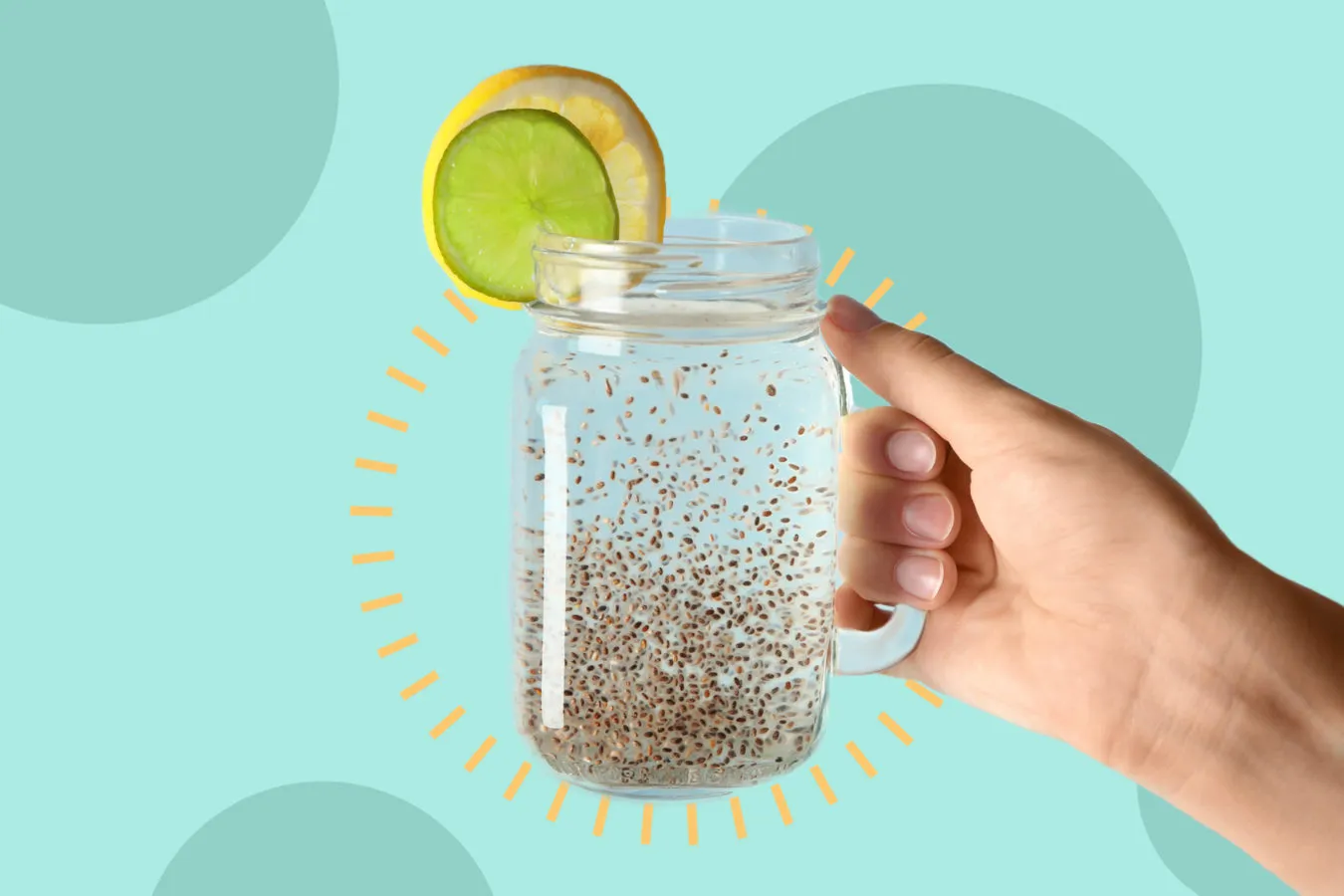

Garden Essentials
What Does Drinking Chia Seeds Do
Modified: August 17, 2024
Find out the amazing benefits of including chia seeds in your diet. Discover how drinking chia seeds from your own garden can improve your health and well-being.
(Many of the links in this article redirect to a specific reviewed product. Your purchase of these products through affiliate links helps to generate commission for Storables.com, at no extra cost. Learn more)
Introduction
Welcome to the world of chia seeds! These tiny superfood powerhouses have been gaining popularity for their numerous health benefits and versatility. Whether you are an avid health enthusiast or simply looking to improve your overall well-being, incorporating chia seeds into your diet can be a game-changer.
Chia seeds are derived from the plant Salvia hispanica, which is native to Central and South America. They have been used for centuries by the Mayans and Aztecs for their nutritional and medicinal properties. Today, chia seeds are celebrated for their high nutrient content, including omega-3 fatty acids, fiber, protein, antioxidants, and minerals.
In this article, we will explore the various benefits of drinking chia seeds and how they can positively impact your health. Whether you are looking to improve hydration, support digestion, aid in weight loss, regulate blood sugar levels, or simply boost your nutrient intake, chia seeds have got you covered.
So, let’s dive in and discover the wonders of chia seeds and why you should consider incorporating them into your daily routine. Get ready to unlock the secret to better health and vitality!
Key Takeaways:
- Chia seeds are a superfood packed with nutrients like omega-3s, fiber, and protein. They can help with hydration, digestion, weight loss, and blood sugar regulation. Try adding them to your meals for a health boost!
- When consuming chia seeds, start with small amounts and gradually increase. They can be added to smoothies, yogurt, salads, and even used in baking. Remember to drink plenty of water to prevent digestive discomfort.
Read more: What Does Chia Seeds Do For Dogs
What Are Chia Seeds?
Chia seeds are small, oval-shaped seeds that come from the plant Salvia hispanica. They are commonly known as a superfood due to their impressive nutritional profile.
These tiny seeds may be small in size but are packed with an abundance of nutrients. They are an excellent source of omega-3 fatty acids, which are essential for heart health, brain function, and reducing inflammation in the body. Chia seeds are also rich in fiber, both soluble and insoluble, which promotes digestion, regulates blood sugar levels, and supports a healthy weight.
In addition, chia seeds boast a high content of antioxidants, which help protect the body against free radicals and oxidative stress. They are also a good source of protein and contain essential minerals such as calcium, phosphorus, manganese, and magnesium.
The gel-like coating that forms when chia seeds are exposed to liquid is a unique characteristic. When soaked in water or other liquids, chia seeds absorb fluids, expanding in size and developing a gel-like consistency. This gel formation can be beneficial for various health purposes, including improved digestion and hydration.
Chia seeds are naturally gluten-free, making them an excellent option for individuals who have gluten intolerance or celiac disease. They are also suitable for vegan and vegetarian diets, providing a plant-based source of essential nutrients.
Now that we have an understanding of what chia seeds are let’s delve into their incredible nutritional benefits and how they can positively impact our health.
Nutritional Benefits of Chia Seeds
Chia seeds are small but mighty when it comes to their nutritional content. Packed with essential nutrients, chia seeds offer a range of health benefits for those who incorporate them into their diet.
One of the standout nutritional benefits of chia seeds is their high omega-3 fatty acid content. Omega-3s are known for their anti-inflammatory properties and their ability to support heart health and brain function. Chia seeds are one of the richest plant-based sources of omega-3s, making them a great option for individuals following a vegetarian or vegan diet.
In addition to omega-3s, chia seeds are also rich in fiber. Just one ounce (about two tablespoons) of chia seeds contains 11 grams of fiber. This dietary fiber aids in digestion, helps promote feelings of fullness, and can support healthy weight management. The fiber in chia seeds also acts as a prebiotic, providing nourishment for beneficial gut bacteria.
Chia seeds are also a good source of plant-based protein, providing around 4 grams per ounce. This makes them an excellent addition to a vegetarian or vegan diet to ensure an adequate intake of protein.
When it comes to essential minerals, chia seeds are packed with calcium, phosphorus, manganese, and magnesium. Calcium is crucial for maintaining strong bones and teeth, while phosphorus plays a role in energy production and cell repair. Manganese and magnesium are important for supporting enzyme function, regulating blood sugar levels, and promoting a healthy nervous system.
Antioxidants are compounds that help protect the body against free radicals, which can cause damage to cells. Chia seeds contain antioxidants such as quercetin, kaempferol, and chlorogenic acid, which have been associated with various health benefits, including reduced inflammation and improved heart health.
With their impressive nutritional profile, including omega-3 fatty acids, fiber, protein, antioxidants, and essential minerals, chia seeds are truly a nutrient powerhouse. Incorporating them into your diet can provide an array of health benefits and support overall well-being.
Hydration Benefits of Drinking Chia Seeds
Staying hydrated is essential for maintaining our overall health and well-being. Drinking enough fluids throughout the day helps regulate body temperature, supports digestion, aids in nutrient absorption, and promotes proper organ function. Chia seeds can play a unique role in hydration due to their ability to absorb water.
When chia seeds come into contact with liquid, they form a gel-like substance around the outer layer. This gel formation helps to retain the liquid and slow down its absorption in the digestive system. As a result, drinking water or other liquids infused with chia seeds can help keep you hydrated for longer periods.
This gel-like texture of chia seeds can also be useful for athletes or individuals engaging in prolonged physical activities. By adding chia seeds to their water or sports drink, they can create a hydrating beverage that provides a steady release of fluids to support optimal hydration during exercise.
Furthermore, the gel-like texture of chia seeds can also aid in preventing dehydration caused by excessive sweating. The retained fluids in the digestive system can contribute to maintaining electrolyte balance and prevent excessive fluid loss during physical exertion.
Chia seeds are particularly beneficial for those who participate in endurance sports or engage in activities that require sustained physical effort. By consuming chia seeds infused beverages before, during, or after exercise, individuals can replenish fluids and essential electrolytes lost through sweat, maintaining optimal hydration levels.
It’s worth noting that while chia seeds can aid in hydration, they should not replace the consumption of sufficient plain water. Drinking plain water is still essential for staying properly hydrated throughout the day.
Incorporating chia seeds into your diet and consuming them as part of a hydrating beverage can be a refreshing and enjoyable way to boost your hydration levels and support overall wellness.
Digestive Benefits of Chia Seed Consumption
A healthy digestive system is vital for overall well-being. It plays a crucial role in breaking down food, absorbing nutrients, eliminating waste, and maintaining a healthy balance of gut bacteria. The consumption of chia seeds can offer several digestive benefits due to their high fiber content and unique gel-forming properties.
The soluble fiber found in chia seeds absorbs water and forms a gel-like substance in the digestive tract. This gel formation helps to soften the stool and promote regular bowel movements, thereby supporting healthy digestion and reducing the risk of constipation.
Additionally, the gel-like texture of chia seeds can act as a prebiotic, providing nourishment for beneficial gut bacteria. Prebiotics help promote the growth of beneficial bacteria in the gut, which can improve digestion, enhance nutrient absorption, and support immune function.
The fiber in chia seeds also aids in maintaining a healthy weight. It helps to increase feelings of fullness, reducing overeating and snacking between meals. By keeping you satisfied for longer periods, chia seeds can be a valuable addition to a weight management routine.
Moreover, chia seeds’ high fiber content can help regulate blood sugar levels. Soluble fiber can slow down the absorption of sugar into the bloodstream, preventing spikes and crashes in blood sugar levels. This can be particularly beneficial for individuals with diabetes or those who are aiming to stabilize their blood sugar levels.
It is important to note that when incorporating chia seeds into your diet, it is crucial to drink an adequate amount of water or other liquids. This is because chia seeds absorb water, and consuming them without sufficient fluids may lead to digestive discomfort.
Overall, the consumption of chia seeds can contribute to a healthy digestive system by providing a good source of dietary fiber, promoting regular bowel movements, supporting the growth of beneficial gut bacteria, aiding in weight management, and assisting in blood sugar regulation. With their unique gel-forming properties, chia seeds are a natural and effective way to enhance your digestive health.
Drinking chia seeds can help with hydration, as they absorb water and can help regulate blood sugar levels. However, it’s important to consume them in moderation and with plenty of water.
Read more: What Does Chia Seeds And Water Do
Weight Loss Benefits of Chia Seeds
When it comes to weight loss, chia seeds can be a valuable addition to your diet. These tiny seeds are packed with beneficial nutrients and properties that can support your weight loss journey in several ways.
One key factor is the high fiber content of chia seeds. Fiber plays a crucial role in weight management by promoting feelings of fullness and reducing overeating. When consumed, the soluble fiber in chia seeds absorbs water and expands in the stomach, creating a gel-like substance that can help curb hunger and control appetite.
By increasing satiety, chia seeds can help reduce overall calorie intake, making it easier to maintain a calorie deficit and promote weight loss. Including chia seeds in your meals or snacks can help you feel satisfied for longer periods and reduce the likelihood of unnecessary snacking.
In addition to their high fiber content, chia seeds are also low in calories and can be a great source of nutrition without adding excess calories to your diet. This makes them an ideal component of a weight loss plan, providing essential nutrients while keeping caloric intake in check.
Furthermore, chia seeds have a favorable balance of macronutrients, with a notable amount of protein. Protein is known to have a higher satiety factor compared to fats and carbohydrates, meaning it can help you feel fuller for longer. Including chia seeds, which are a plant-based source of protein, can help support muscle maintenance and enhance weight loss efforts.
Another benefit of chia seeds for weight loss is their potential to regulate blood sugar levels. When consumed, the soluble fiber in chia seeds forms a gel-like substance in the digestive system, which helps slow down the digestion and absorption of carbohydrates. This can result in a more gradual release of glucose into the bloodstream, preventing spikes and crashes in blood sugar levels that can trigger cravings and overeating.
It’s important to note that while chia seeds can be a valuable tool for weight loss, they should not be considered a magic solution. They should be incorporated as part of a balanced and calorie-controlled diet, along with regular exercise and a healthy lifestyle.
Incorporating chia seeds into your meals, such as adding them to smoothies, yogurts, or salads, or using them as an egg substitute in baking, can be a simple and effective way to support your weight loss goals. Remember to monitor your portion sizes and stay mindful of overall calorie intake to achieve sustainable weight loss.
Blood Sugar Regulation and Chia Seeds
Maintaining stable blood sugar levels is crucial for overall health, especially for individuals with diabetes or those at risk of developing it. Chia seeds can play a beneficial role in regulating blood sugar levels due to their unique nutritional composition.
Chia seeds are rich in soluble fiber, which forms a gel-like substance when mixed with liquid. This gel formation slows down the digestion and absorption of carbohydrates, resulting in a more gradual release of glucose into the bloodstream. As a result, chia seeds have a low glycemic index, meaning they do not cause a rapid increase in blood sugar levels.
Consuming chia seeds can help prevent spikes and crashes in blood sugar, providing a more steady and controlled release of glucose. This can be particularly beneficial for individuals with diabetes, as it can assist in better diabetes management and glycemic control.
In addition to their fiber content, chia seeds also contain healthy fats, including omega-3 fatty acids. These fats contribute to improved insulin sensitivity, which can help the body better respond to changes in blood sugar levels. This can further aid in regulating blood sugar and reducing the risk of insulin resistance.
Moreover, chia seeds are a nutritious alternative to refined carbohydrates. They provide a good source of nutrients without causing the rapid spikes in blood sugar levels that can occur with high-sugar or processed foods. By replacing refined carbohydrates with chia seeds in meals and snacks, individuals can better manage their blood sugar levels and promote overall well-being.
It’s important to note that while chia seeds can be beneficial for blood sugar regulation, it is still essential to monitor carbohydrate intake and follow any dietary guidelines provided by a healthcare professional. Chia seeds should be incorporated as part of a balanced and individualized meal plan.
To enjoy the blood sugar-regulating benefits of chia seeds, consider adding them to your morning oatmeal, yogurt, or smoothies. They can also be used as a thickening agent in soups, stews, or sauces for added nutrition and blood sugar support.
As with any dietary changes, it’s recommended to consult with a healthcare professional, especially if you have diabetes or other medical conditions, to ensure proper management and integration of chia seeds into your diet.
Is It Safe to Drink Chia Seeds?
Yes, it is generally safe to consume chia seeds. These tiny seeds are considered safe for most individuals when consumed in moderation as part of a balanced diet. However, there are a few considerations to keep in mind.
Chia seeds are rich in dietary fiber, which is beneficial for digestion and overall health. However, consuming excessive amounts of fiber, especially if not accompanied by sufficient water intake, may cause digestive discomfort, such as bloating or abdominal cramps. It is important to drink an adequate amount of water or other liquids when consuming chia seeds to prevent potential digestive issues.
Individuals with certain medical conditions, such as dysphagia (difficulty swallowing) or esophageal strictures, should exercise caution when consuming chia seeds. The gel-like texture that chia seeds develop when mixed with liquids can pose challenges for those with swallowing difficulties. It is advisable to consult a healthcare professional before incorporating chia seeds into the diet if you have concerns about swallowing or any other underlying health conditions.
Additionally, individuals on blood thinning medications, such as warfarin or aspirin, should be cautious with chia seed consumption. Chia seeds contain omega-3 fatty acids, which have natural blood thinning properties. While the amount of omega-3s in chia seeds is generally considered safe, it is important to talk to a healthcare professional if you are taking blood thinning medications to ensure proper monitoring and regulation.
Lastly, if you have any known allergies or sensitivities to seeds, it is essential to be mindful of potential allergic reactions to chia seeds. Though rare, some individuals may experience allergic symptoms such as hives, itching, or difficulty breathing. If you suspect an allergic reaction, seek medical attention immediately.
As with any dietary change, it is always recommended to introduce new foods gradually and monitor how your body responds. Everyone’s body is unique, so it is important to listen to your own body and adjust your consumption accordingly.
To incorporate chia seeds safely into your diet, start with small amounts and gradually increase the quantity as your body adjusts. Enjoy them in a variety of ways, such as adding them to smoothies, yogurt, oatmeal, or baked goods. Be sure to drink enough water or other fluids and listen to your body’s signals to maintain a balance that works best for you.
If you have any concerns or specific health conditions, it is always a good idea to consult with a qualified healthcare professional or registered dietitian who can provide personalized advice based on your individual needs.
How to Incorporate Chia Seeds into Your Diet
Incorporating chia seeds into your diet is easy and versatile. These nutritious seeds can add a boost of fiber, omega-3 fatty acids, and other beneficial nutrients to a variety of foods and recipes. Here are some simple and delicious ways to incorporate chia seeds into your daily routine:
- Smoothies: Add a tablespoon of chia seeds to your favorite smoothie recipe for a nutritional boost. The chia seeds will add thickness and provide extra fiber and omega-3 fatty acids.
- Oatmeal or Overnight Oats: Mix chia seeds into your morning bowl of oatmeal or overnight oats. The chia seeds will absorb some of the liquid and create a creamy and satisfying texture.
- Yogurt Parfaits: Layer chia seeds with yogurt and your favorite fruits to create a delicious and nutritious parfait. The chia seeds will add a textured crunch and provide an extra nutritional punch.
- Baked Goods: Include chia seeds in your baking recipes, such as muffins, bread, and cookies. Replace eggs with a chia seed gel (mix 1 tablespoon of chia seeds with 3 tablespoons of water and let it sit for 10 minutes) for a vegan-friendly option.
- Salad Toppings: Sprinkle chia seeds over your favorite salads to add a delightful crunch and boost of nutrients. They can be a healthy alternative to croutons or other high-calorie toppings.
- Chia Pudding: Combine chia seeds with your choice of milk (such as almond milk or coconut milk) and a sweetener of your choice (such as honey or maple syrup). Let it sit in the refrigerator overnight to create a delicious and nutrient-rich chia pudding.
- Homemade Energy Bars or Granola: Mix chia seeds into homemade energy bars or granola for a nutritious and energy-boosting snack. You can combine them with nuts, seeds, dried fruits, and sweeteners of your choice.
Remember to drink enough water or other fluids when consuming chia seeds, as they have the ability to absorb liquid and form a gel-like texture. This will prevent any potential digestive discomfort and ensure the full benefits of chia seeds are realized.
When incorporating chia seeds into your diet, start with smaller amounts and gradually increase as your body adjusts. This will allow you to determine the amount that works best for you and avoid any potential digestive issues.
Store your chia seeds in an airtight container in a cool, dry place to maintain their freshness and prevent spoilage.
By following these tips, you can easily incorporate chia seeds into your diet and enjoy their numerous health benefits. Get creative and experiment with different recipes to find the ones that suit your taste preferences and dietary goals.
Read more: How To Drink Chia Seed Water
Conclusion
Chia seeds are truly a nutritional powerhouse that can provide a wide range of health benefits. From their impressive nutrient profile to their unique gel-forming properties, chia seeds have earned their reputation as a superfood.
Incorporating chia seeds into your diet can support hydration, aid in digestion, assist in weight loss efforts, regulate blood sugar levels, and provide a myriad of essential nutrients. Whether you choose to sprinkle them on your salad, mix them into your smoothies, or create delicious chia puddings, there are plenty of ways to enjoy the benefits of chia seeds.
Remember to start with small amounts and gradually increase your intake as you become more familiar with chia seeds. Pay attention to your body’s response and adjust accordingly. It’s also important to drink enough water or other fluids when consuming chia seeds to prevent any digestive discomfort and fully reap their benefits.
While chia seeds can be a valuable addition to a healthy diet, it’s important to remember that they are not a magical solution. They should be used in conjunction with an overall balanced diet, regular exercise, and a healthy lifestyle.
If you have any underlying health conditions or concerns, it’s always a good idea to consult with a healthcare professional or registered dietitian before making any significant changes to your diet.
So, why not give chia seeds a try? Start incorporating them into your daily routine and experience the numerous health benefits they have to offer. Whether you’re seeking improved hydration, better digestion, weight loss support, or blood sugar regulation, chia seeds can be a delicious and nutritious addition to your meals and snacks.
Unlock the potential of chia seeds and embark on a journey towards better health and vitality. Your body will thank you for it!
Frequently Asked Questions about What Does Drinking Chia Seeds Do
Was this page helpful?
At Storables.com, we guarantee accurate and reliable information. Our content, validated by Expert Board Contributors, is crafted following stringent Editorial Policies. We're committed to providing you with well-researched, expert-backed insights for all your informational needs.
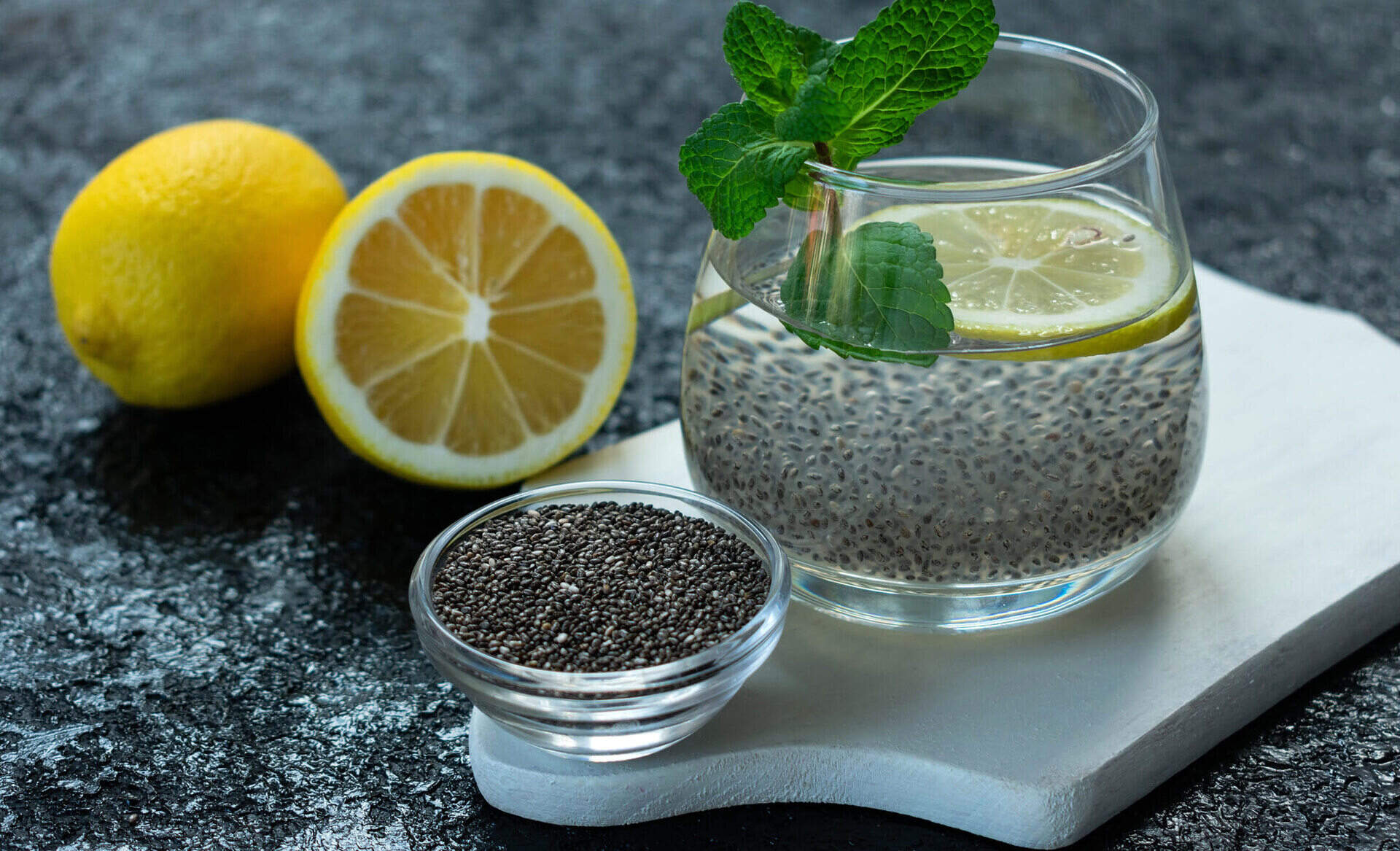
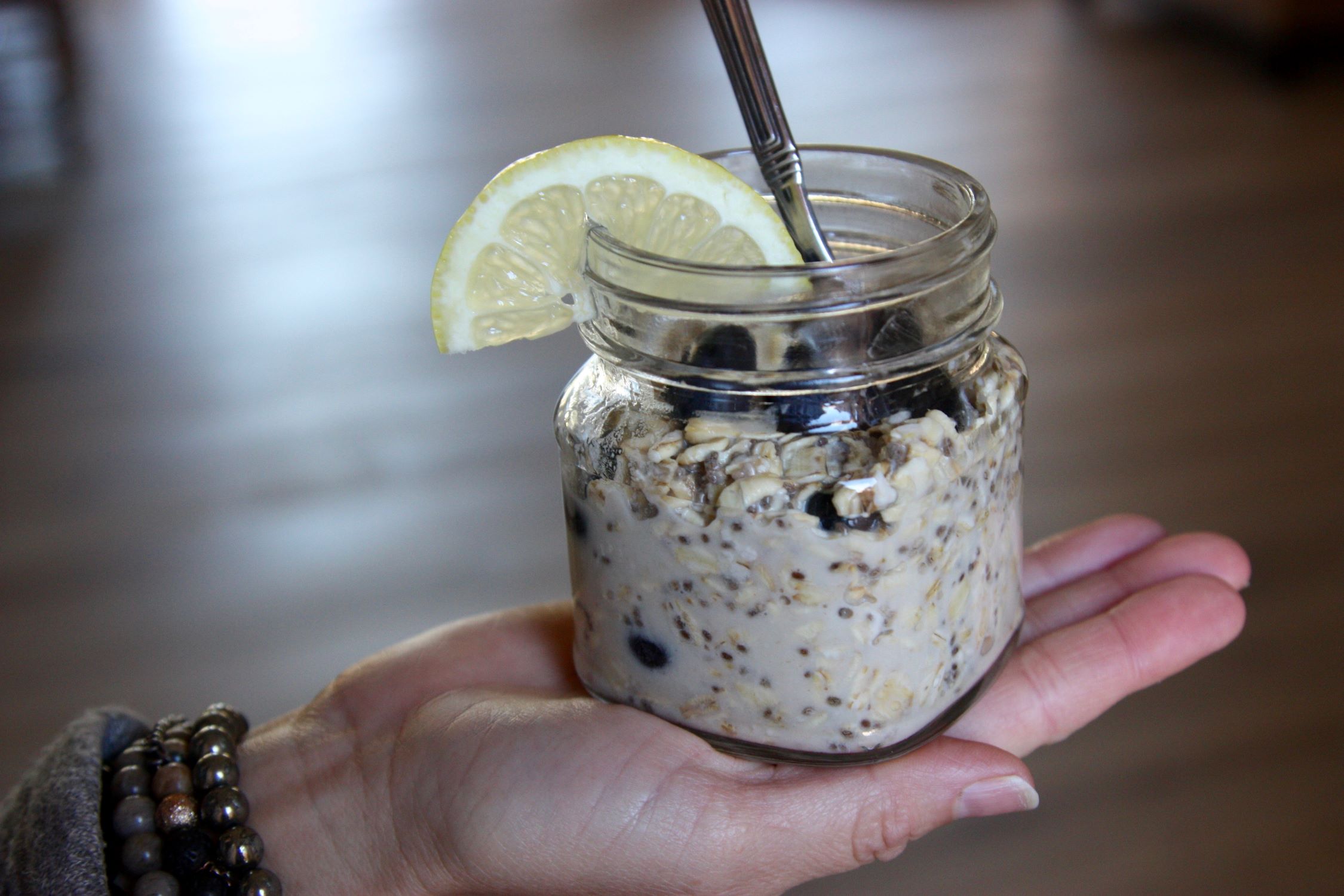
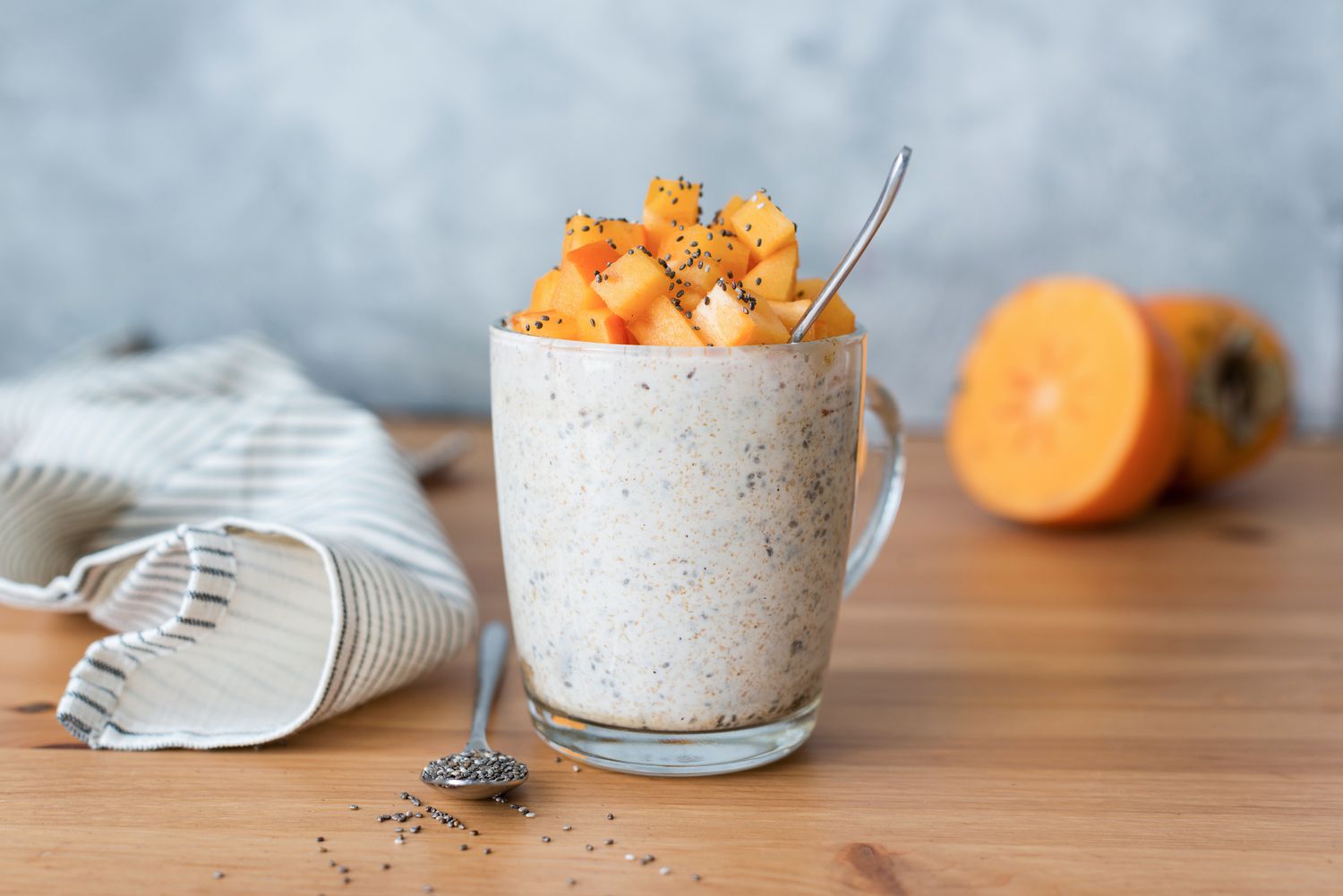
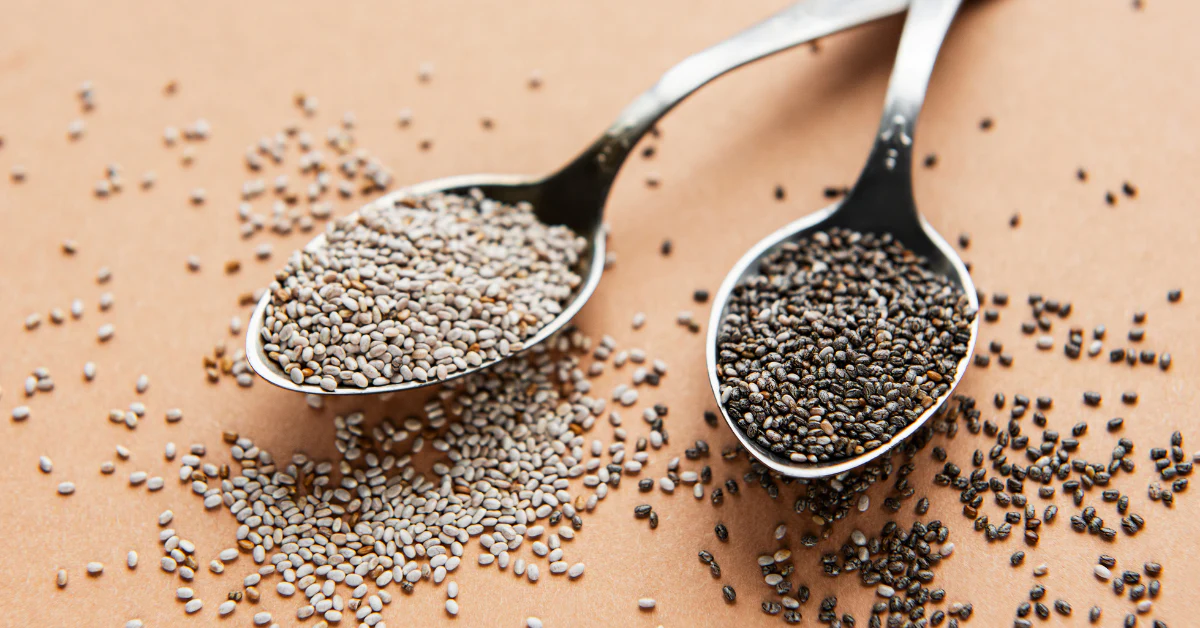
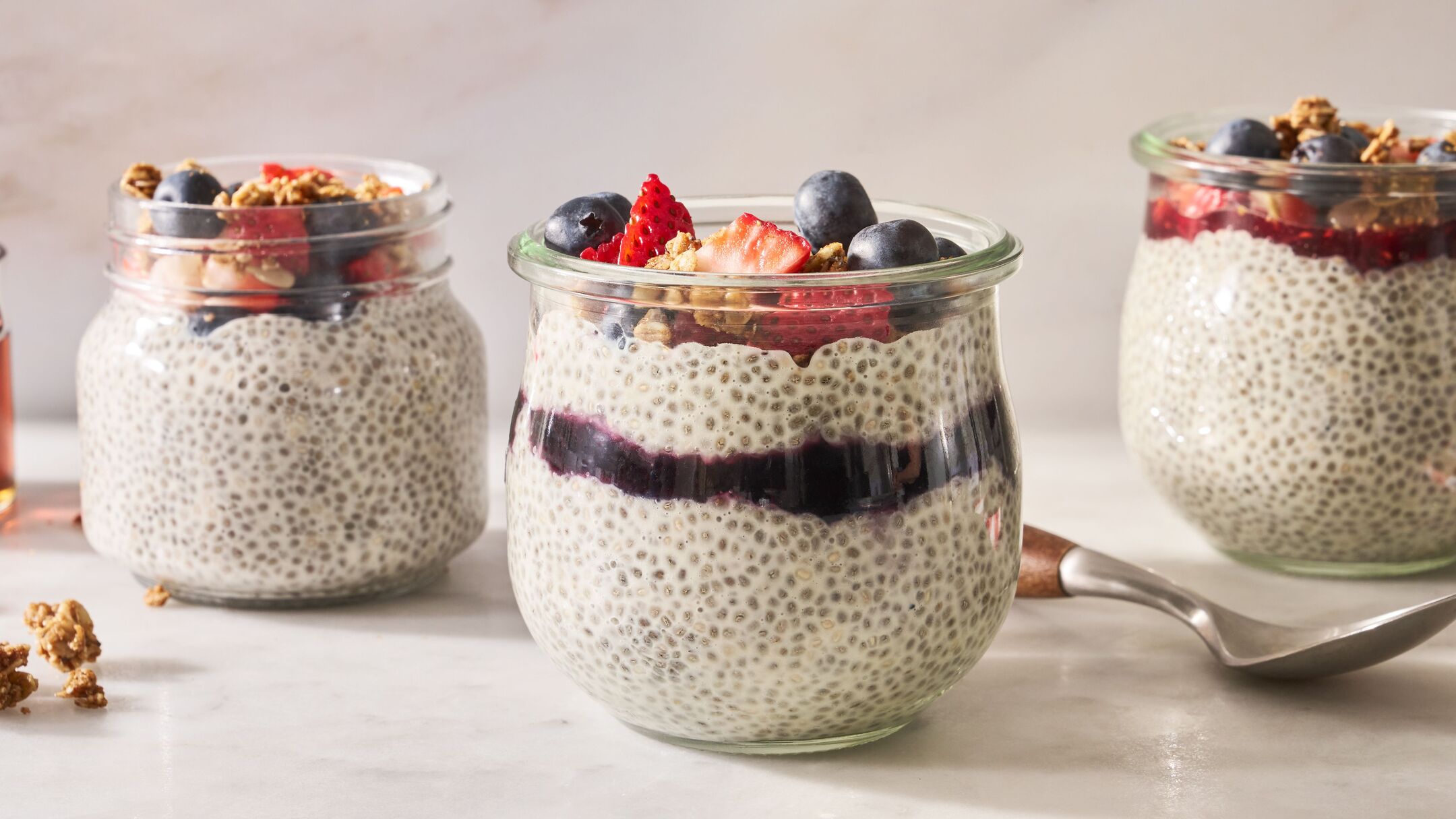
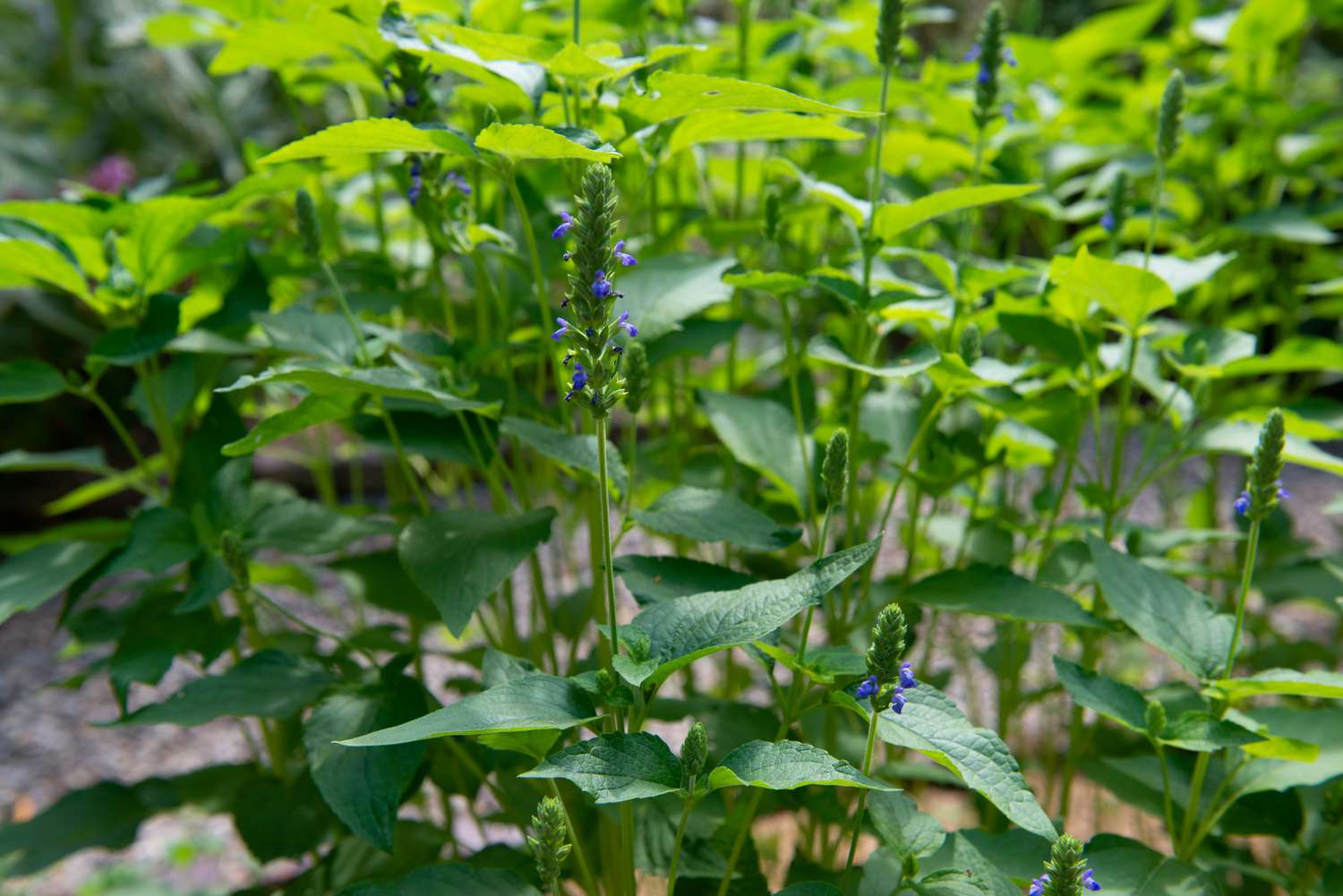
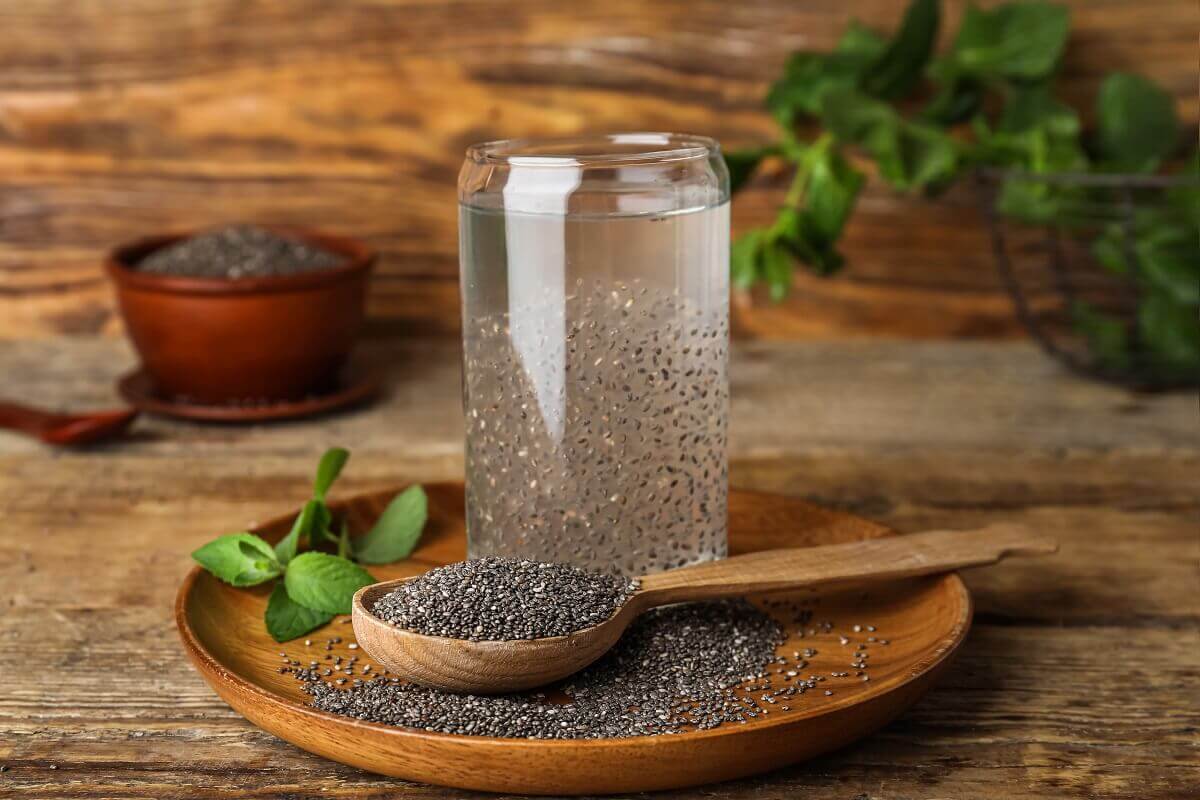
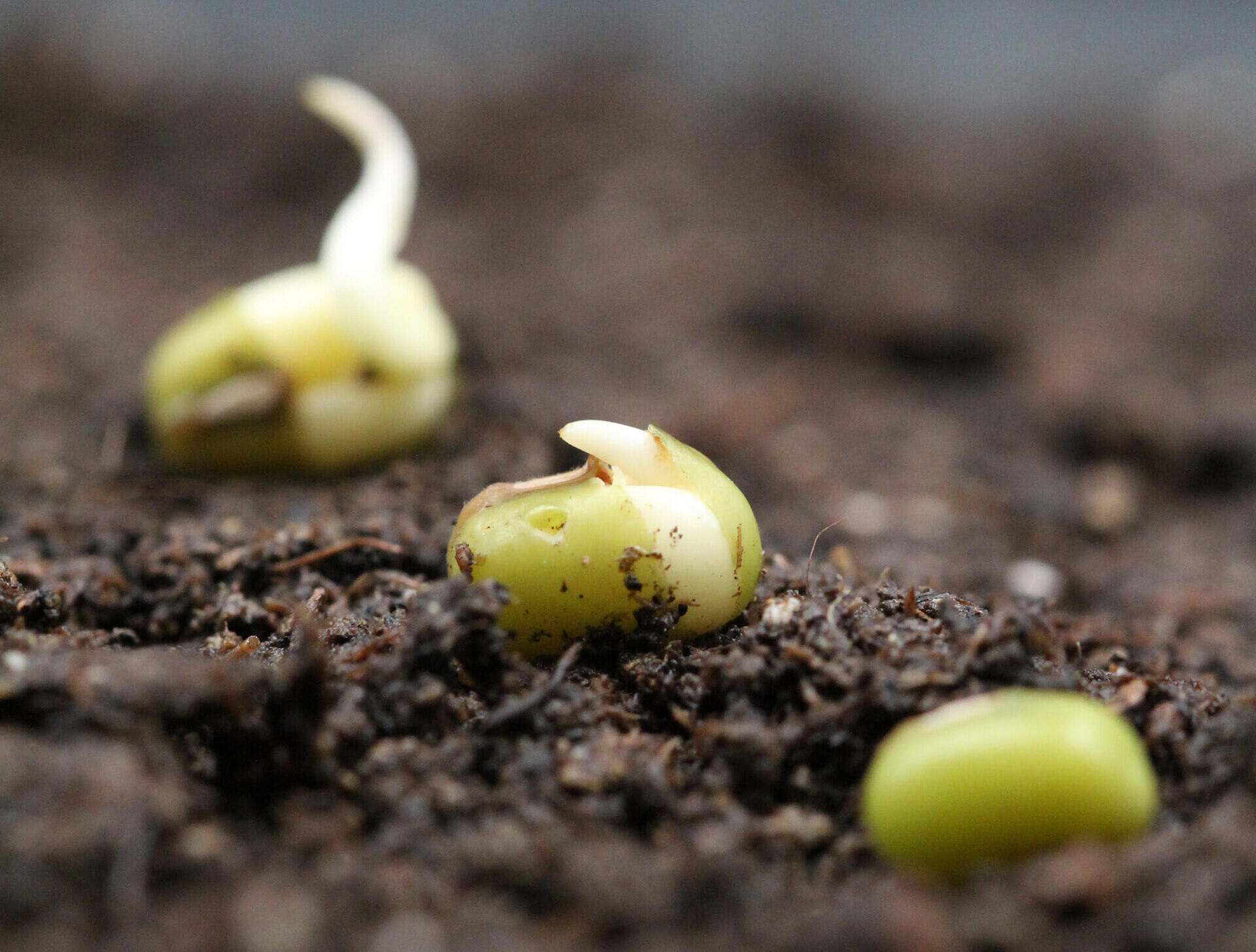
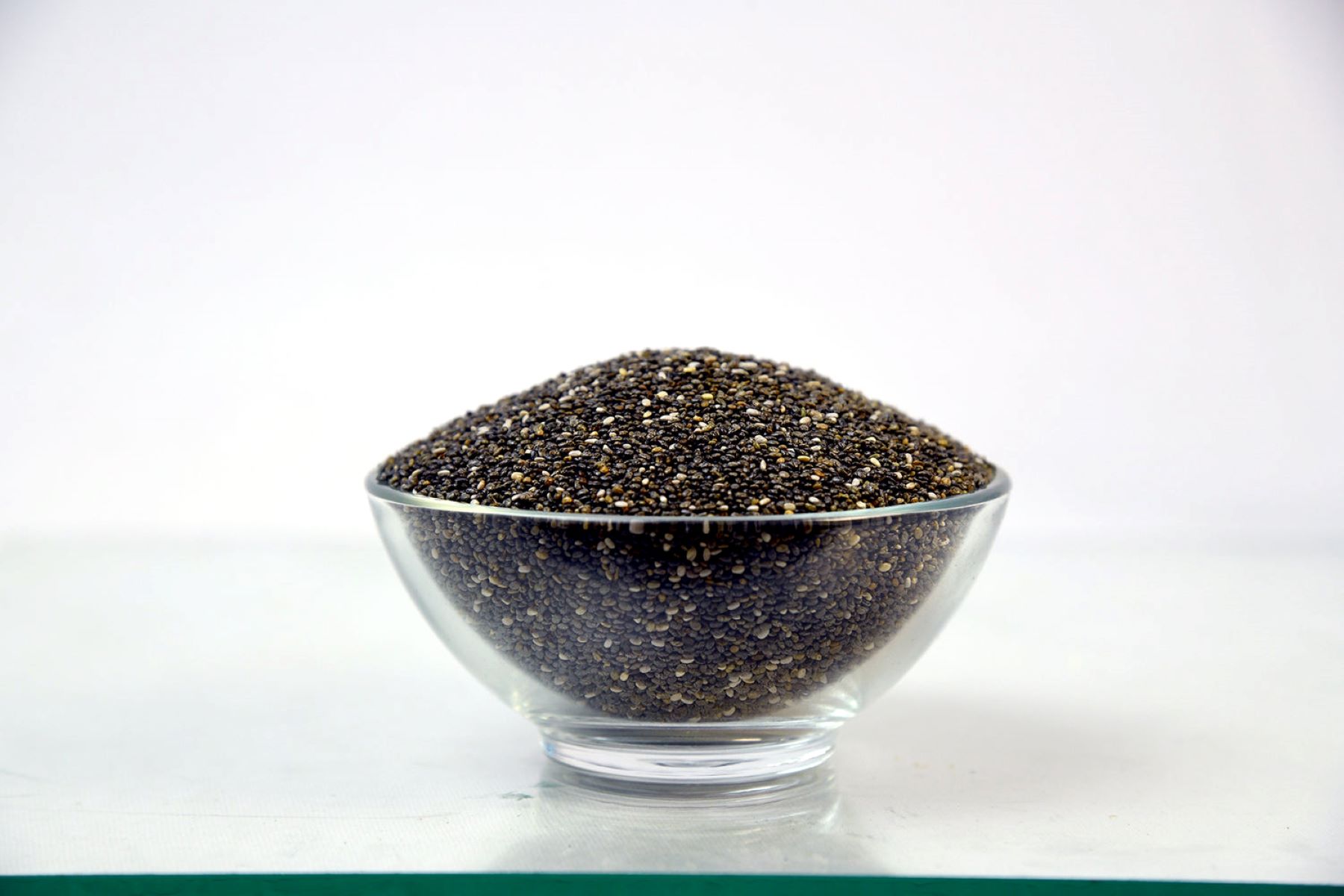

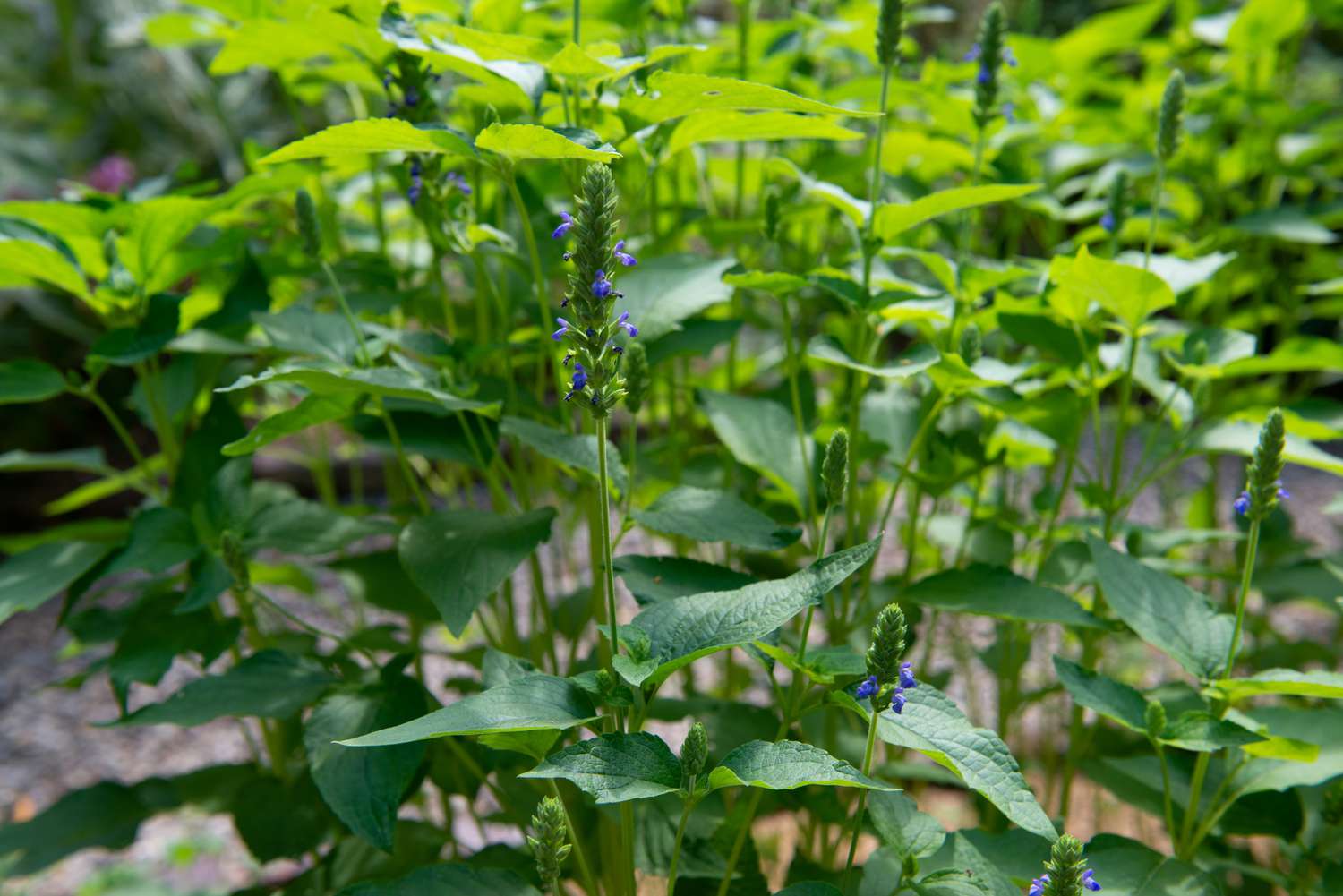
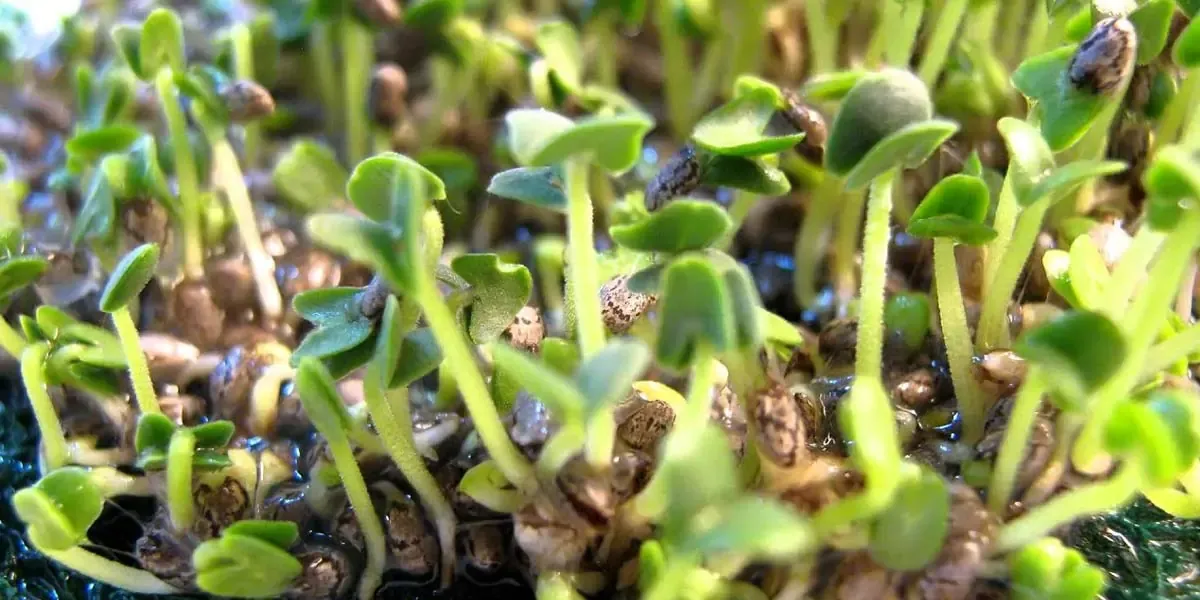
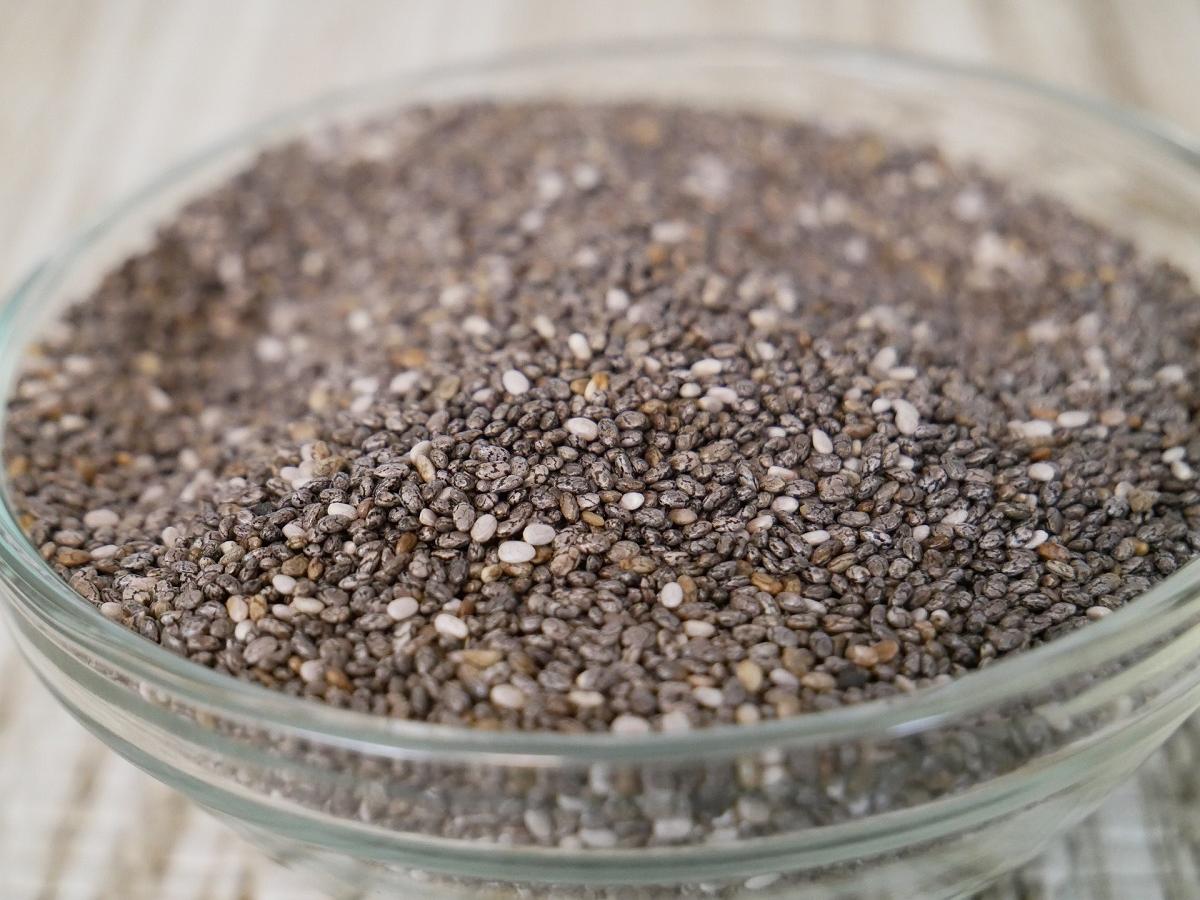

0 thoughts on “What Does Drinking Chia Seeds Do”